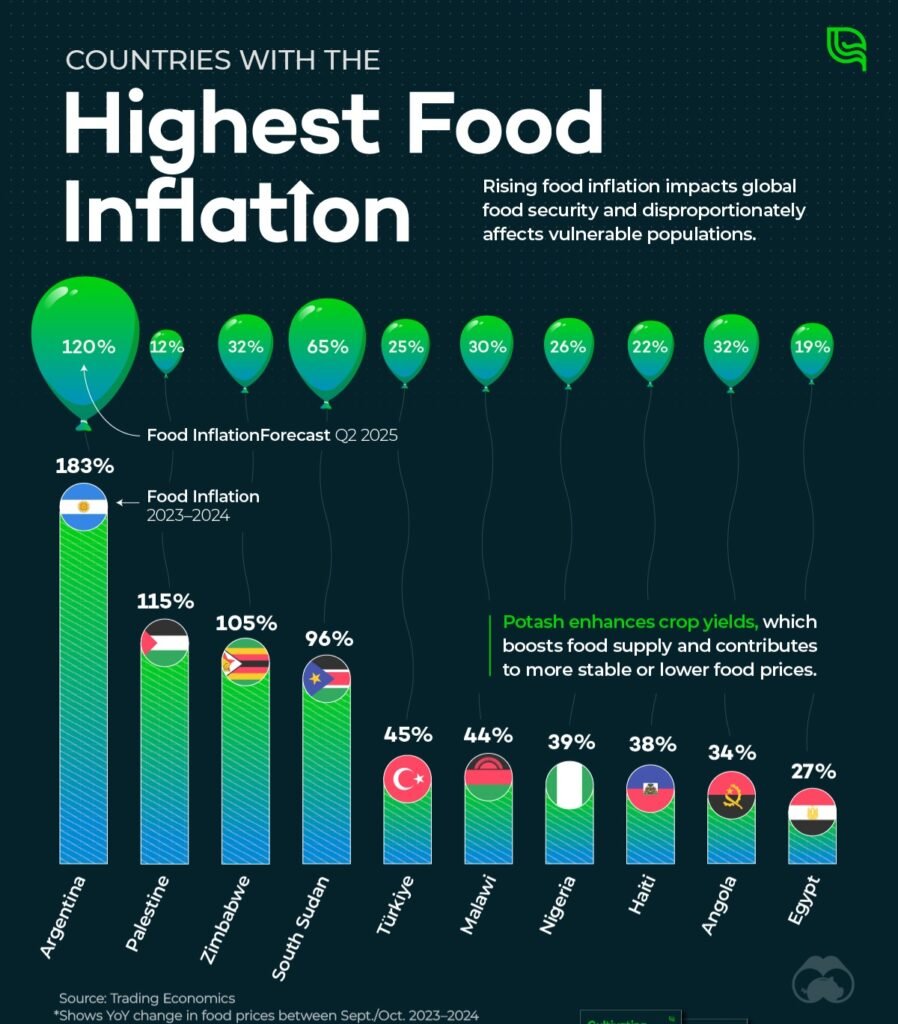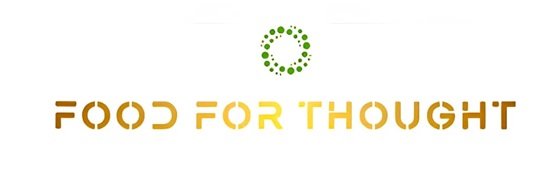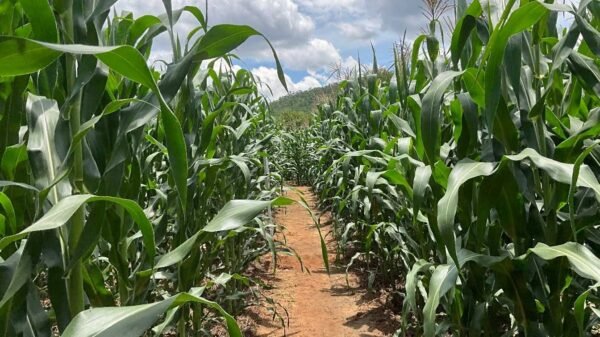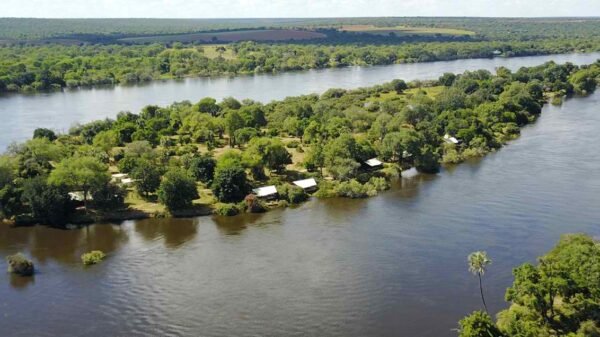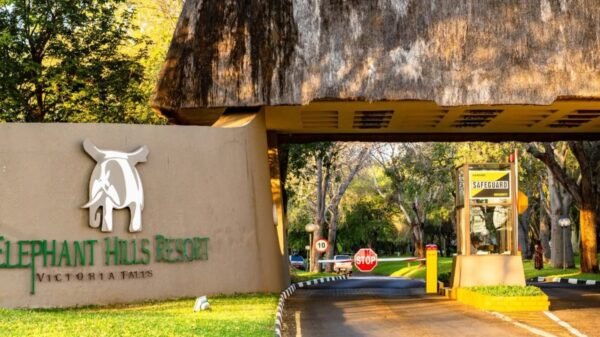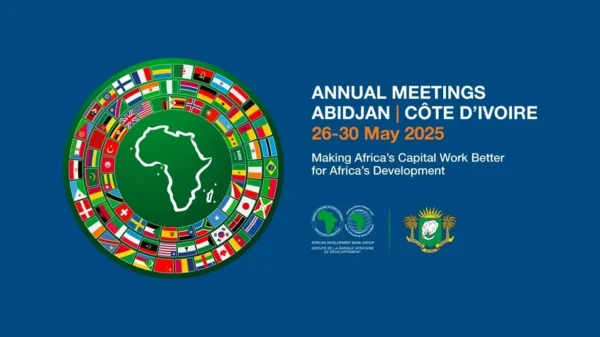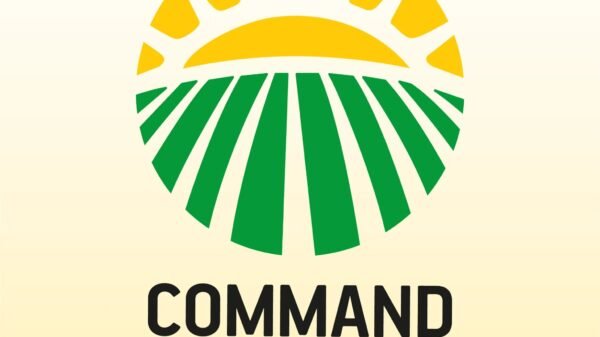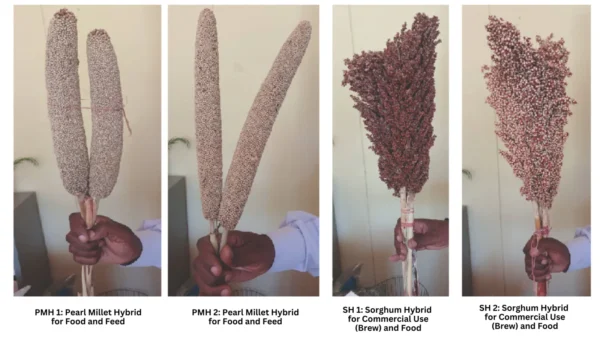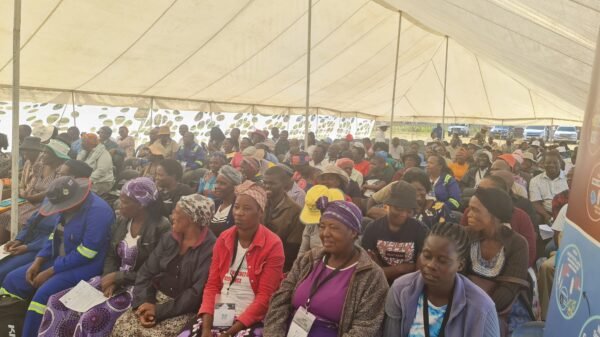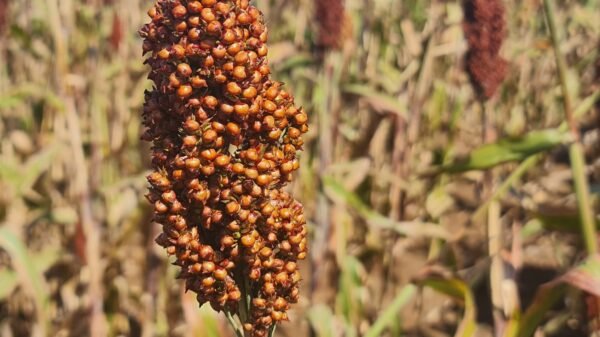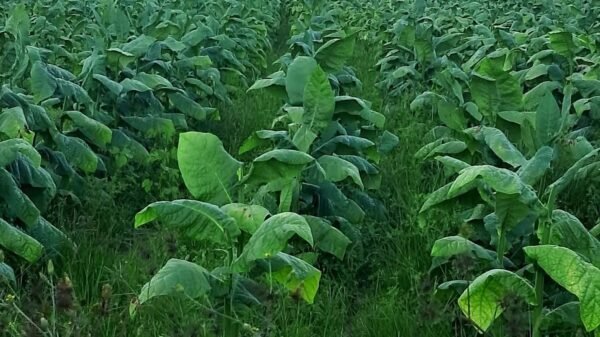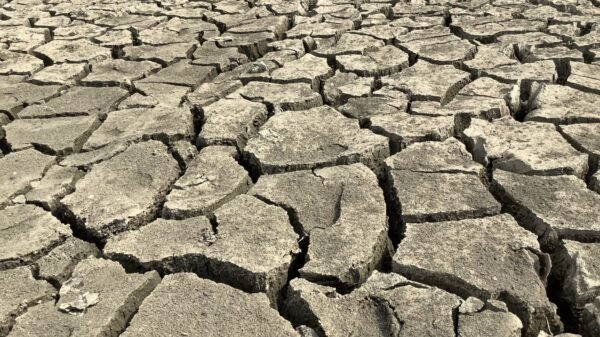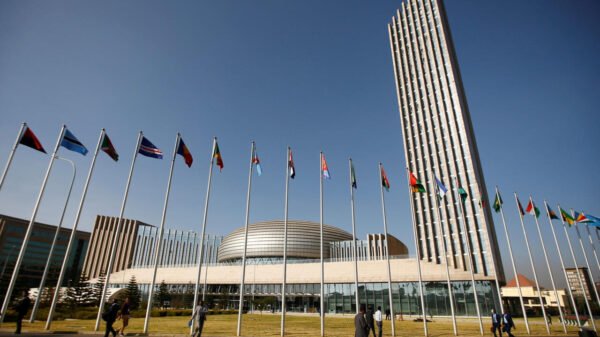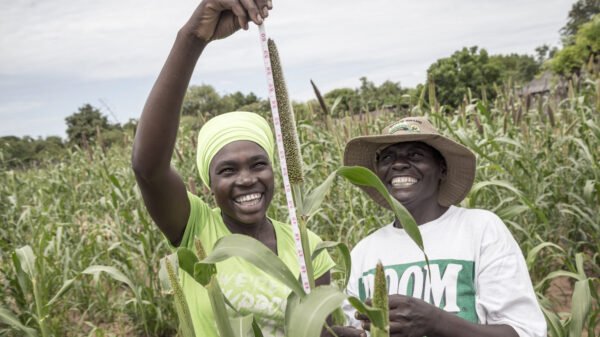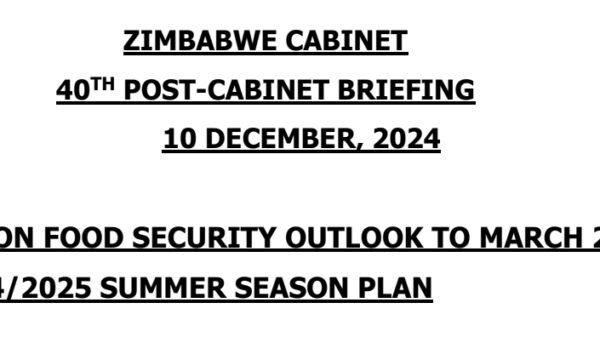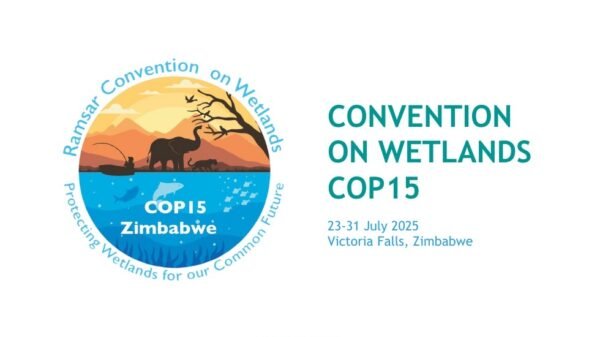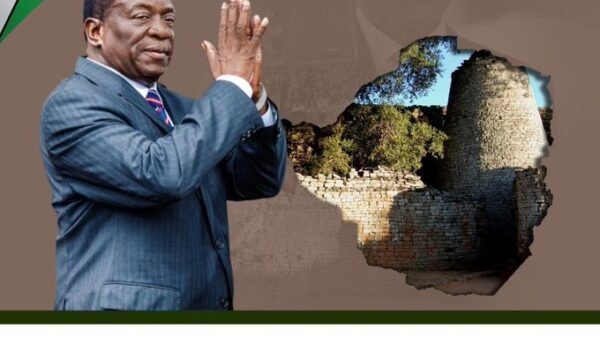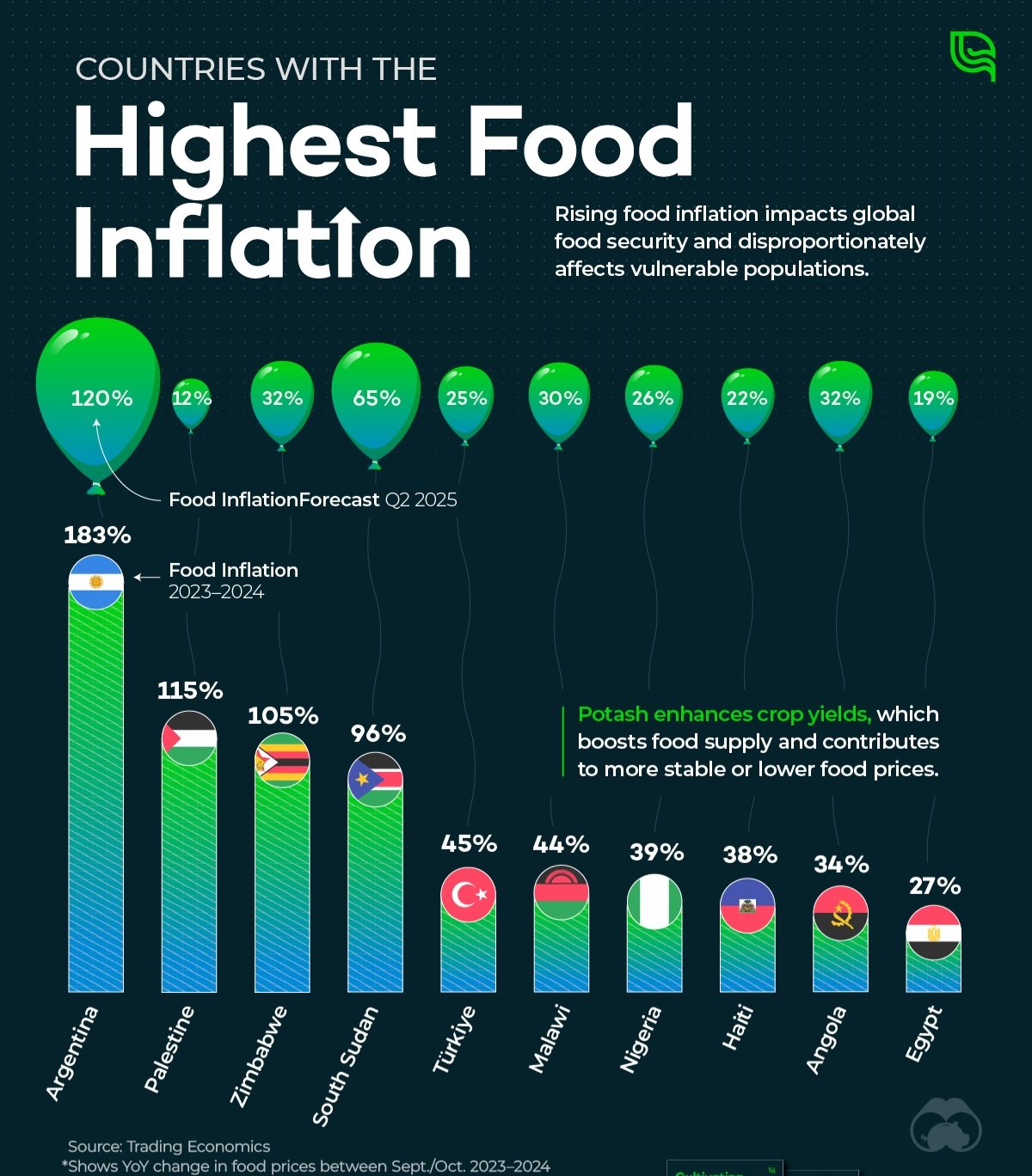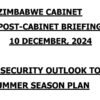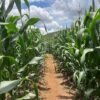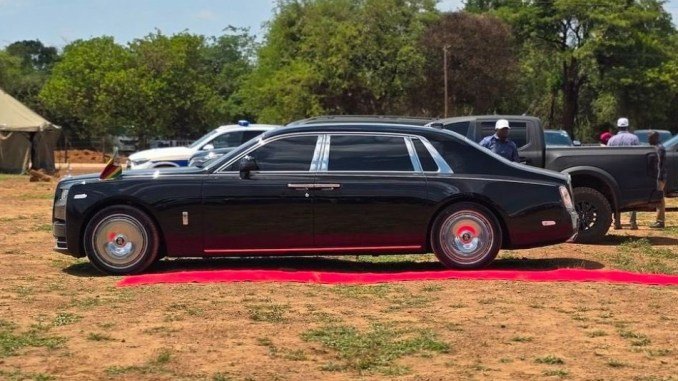
OBSCENE LUXURY…Zimbabwean President Emmerson Mnangagwa has added a sleek new Rolls-Royce Phantom to his ever-growing motorcade, a shocking display of opulence in a country whose public hospitals are in decay and many citizens sleep on empty stomachs.
STAFF WRITER
IT is 6am, two days before Christmas, at Harare’s Mbare Musika long-distance bus terminus.
The rank is already teeming with human and vehicular traffic as prospective travellers scramble to get a head start on the frenetic journey to their rural homes.
A pushcart operator, a tall man in his 30s, approaches this journalist.
“Which bus are you looking for, murungu [boss]? Let me help you locate your bus. Where are you travelling to?” the man asks as he inches closer. He is smelling a deal; perhaps I look like someone who could give him some money today.
“I’m not travelling, wangu [my guy]. I’m a journalist looking for news. How’s the holiday?” I reply. The man grins fleetingly before shaking his head and retorting: “Ah, what holiday are you talking about mdhara [sir]? Everything is low-low this year. Most of us are suffering. That’s the truth. Nyorai izvozvo [write what I’m telling you]” He abruptly abandons our discussion and continues on his search for customers. Time is money. He gives me a furtive glance as he pushes his empty cart away. I ask him as we part:”Are you visiting your rural home this holiday?” His response is telling. “It will take a miracle for me to travel. I don’t have the money. And I have rent and school fees to worry about.” He weaves his way through the chaotic terminus, steering the pushcart with the streetwise aplomb that only comes with experience.
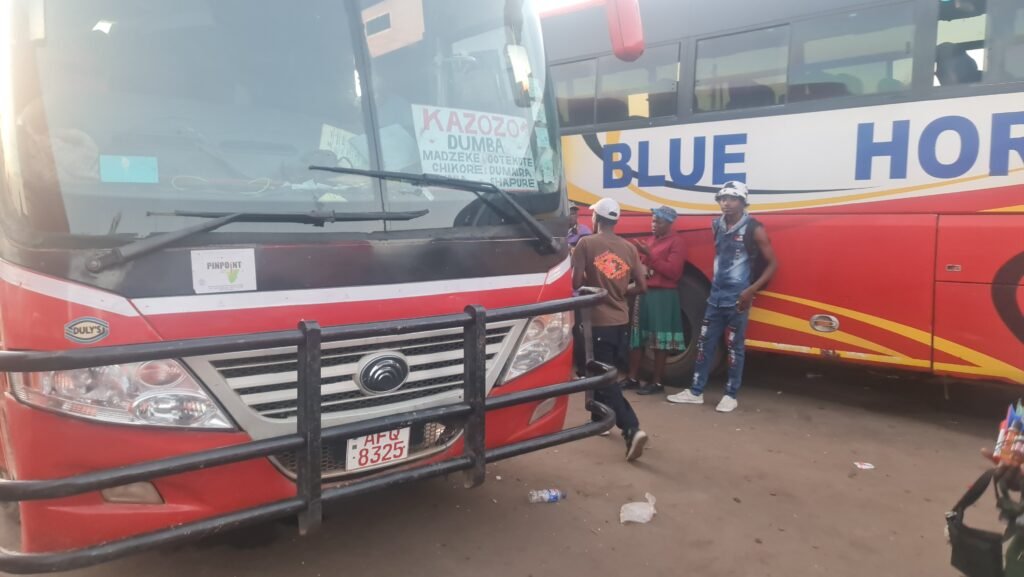
‘What Christmas?’…Buses at Harare’s Mbare Musika terminus on 23 December 2024. Picture credit: Brezh Malaba.
Zimbabwe’s largest bus station is a microcosm of the country itself. Some people are coming while others are going. Yet still, there are those who may not know whether they are coming or going. An outsider sees unmitigated mayhem, but those who have mastered this dusty patch of Zimbabwe will tell you that there is lots of money waiting to be grabbed in the filthy bus terminus.
But in most interviews we conducted at Mbare Musika, a common thread quickly emerged: there is no Christmas cheer for the majority this time around. The joyful and generous attitude of yesteryear festive seasons is now a cruel memory as skint citizens struggle to make ends meet.
‘What holiday are you talking about?’
Most Zimbabweans face bleak Christmas and New Year holidays as the cost-of-living crisis spirals out of control on the back of yet another ruinous currency experiment, high food-price inflation, massive unemployment and corruption-induced poverty.
There is no respite for vulnerable citizens, who endured the highest food inflation in the world in 2023. According to the World Bank, food prices skyrocketed by 285% in 2023. In 2024, Zimbabwe has clocked up the third-highest food-price inflation, after Argentina and Palestine.
A new currency, the Zimbabwe Gold (ZiG), was introduced on 5 April 2024, the country’s sixth attempt since 2008 at creating a local unit. The ZiG has floundered spectacularly, ravaged by exchange rate volatility and lack of confidence.
Poverty-stricken Zimbabweans suffered an inflation surge in October which was triggered by the Reserve Bank of Zimbabwe’s decision in September to devalue the official exchange rate by 74%, shifting from US$1: ZiG14 to US$1: ZiG24.39.
For most citizens, day-to-day survival has become a nightmare. The merrymaking of bygone years is now a faded memory. In the past, people would travel to the rural areas to visit their relatives at this time of year. In those days, the homebound trip resembled a veritable pilgrimage and no self-respecting African could be found gallivanting in urban areas during the December-January break instead of going to the rural areas. All roads led home. Not anymore; basic survival is the main preoccupation.
‘Resilience’ has its limits
Commentators say the Zimbabwean government is in denial, as shown by President Emmerson Mnangagwa’s failure to openly declare that the tattered economy poses serious threats to national survival.
In his Unity Day message to the nation on 22 December, Mnangagwa once again saluted the citizens for their resilience. A question inevitably arises: Is “resilience” the most abused attribute in this country?
Finance minister Mthuli Ncube, in his 2025 National Budget presentation, was hard-pressed to strike an upbeat tone. But independent economists warned that his unrealistic budget — anchored on a punitive raft of taxes and wishful rainfall projections — would inflict more misery on long-suffering citizens in 2025.
In 2023, Zimbabwe’s food prices increased by as much as 285%, the highest in the world. Food insecurity remains one of the biggest threats facing the people of Zimbabwe. With El Niño having worsened the situation, humanitarian agencies say malnutrition and child-stunting are stalking the land.
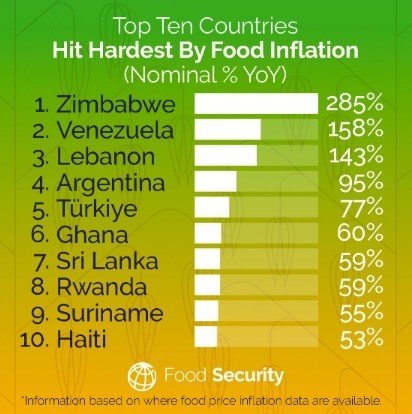
In 2023, Zimbabwe clocked up the highest food-price inflation in the world (see above). In 2024, the country has the third-highest prices, after Argentina and Palestine.
The World Bank, in its 13 December 2024 Food Security Update, reports:”Extreme weather events continue to exacerbate hunger and food insecurity. The 2023/24 El Niño has disrupted global weather patterns and agricultural production, with southern Africa experiencing a regional-scale drought that led to major failures in national crop production. The severe impact on food security will be felt until early 2025, with more than 30 million people in need of food assistance.”
Vulnerable communities are desperate for social safety nets. In Zimbabwe, social protection schemes are woefully inadequate. Pensions are a pittance, food is expensive, public hospitals are in decay, while water and electricity shortages are daily fare.
Domestic food price inflation —measured as year-on-year change in the food component of the country’s Consumer Price Index (CPI) — remains unbearably high.
Some economic experts have expressed doubt over the accuracy of official inflation figures from the Zimbabwe National Statistics Agency (ZimStat). The year-on-year inflation rate (annual percentage change) for the month of November 2024 as measured by the all-items US dollar CPI, was 3.3%. This means that, according to ZimStat, prices as measured by the all-items US dollar CPI increased by an average of 3.3% between November 2023 and November 2024. Independent economists say these official statistics are hard to believe.
On 27 November 2024, Steve Hanke, professor of applied economics at Johns Hopkins University in the United States, said that, by his calculation, Zimbabwe’s year-on-year inflation rate had reached 1 198%, remarking: “That’s the highest inflation rate in the world. President Mnangagwa is arrogant, ignorant and incompetent.”
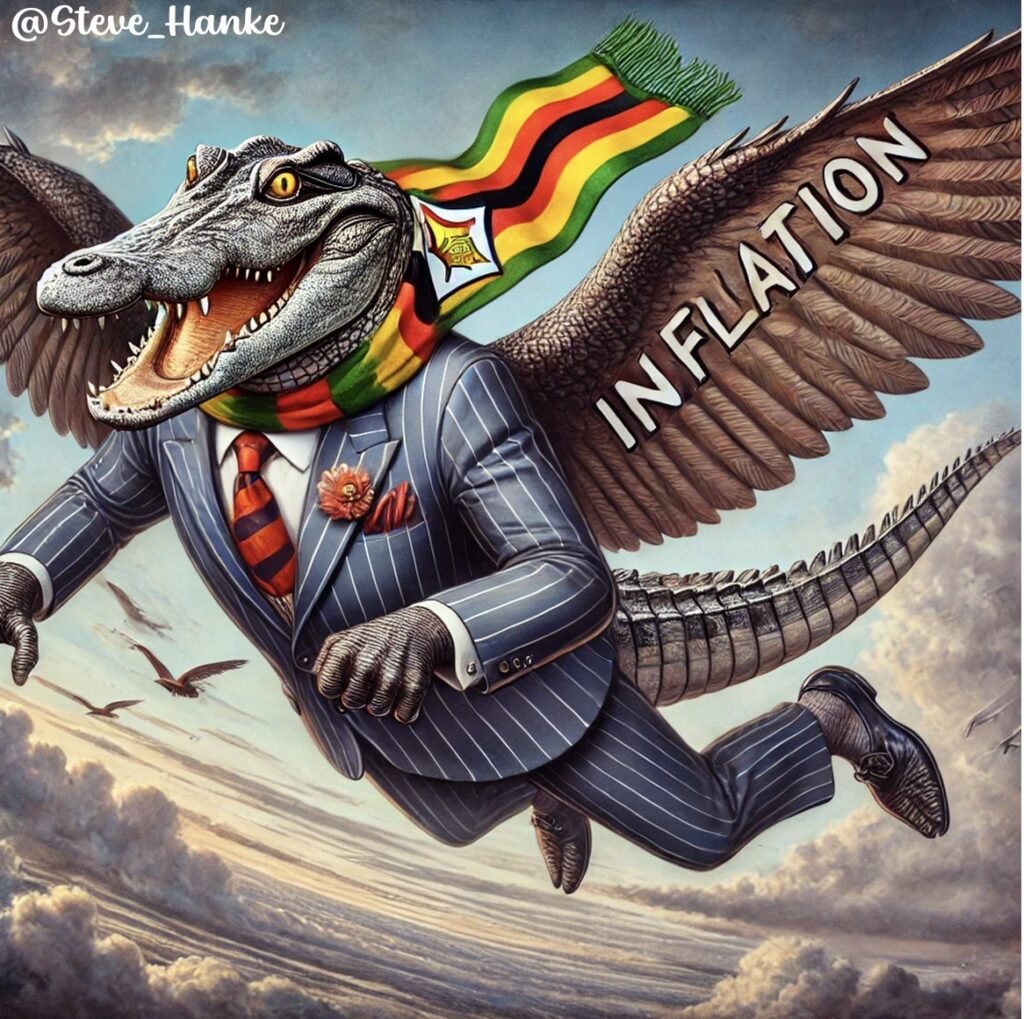
On 17 December 2024, Hanke computed Zimbabwe’s annual inflation at 948%, still the highest in the world, followed by South Sudan (420%), Sudan (144%), Myanmar (70%) and Venezuela (60%).
He has repeatedly argued that “Zimbabwe’s only salvation is dollarisation”.
As 2024 ends and 2025 begins, the African countries with the highest food inflation are Zimbabwe at 105% and South Sudan at 96%,according to Trading Economics.
